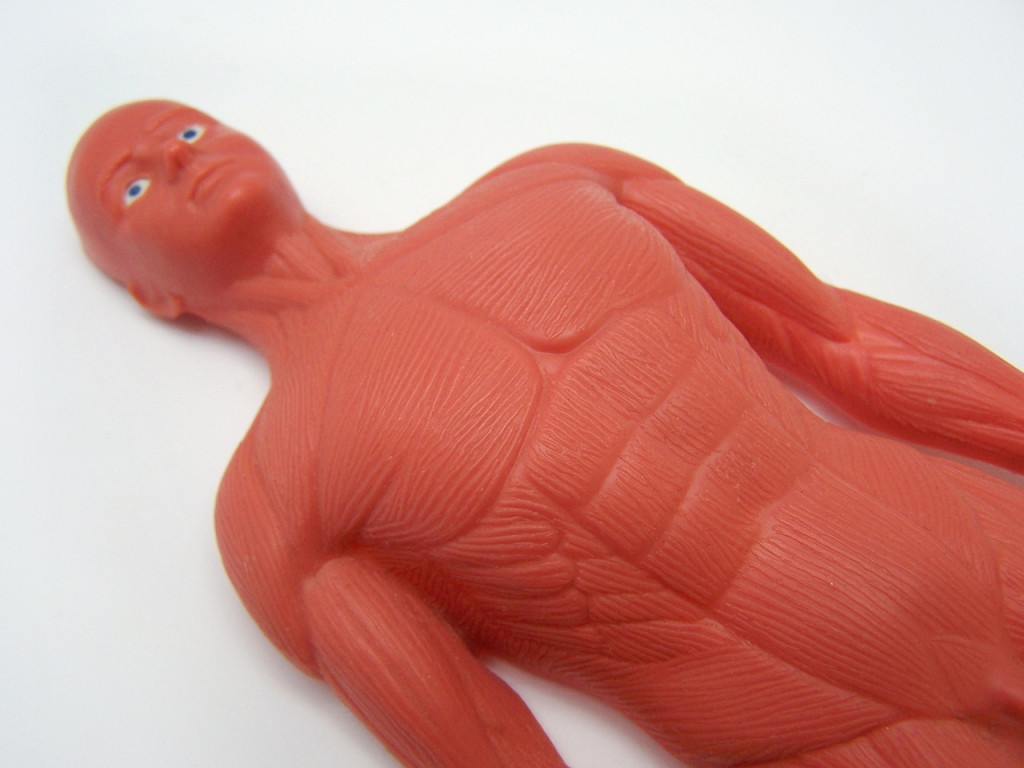How Does Type 1 Diabetes Affect the Body?

With diabetes, the body’s cells are unable to absorb sugar from food. This allows sugar to build in the bloodstream, which causes damage over time – to blood vessels, nerves, heart, kidneys, eyes and other organs.
That’s why it is so important to keep blood sugar under control, as it lowers the risk of complications – which can be very disabling, even life-threatening.
The potential complications:
Blood vessels and heart – Blood vessels become damaged, including those to your heart and brain. This increases your risk of high blood pressure, stroke, heart disease, angina (chest pain) and heart attack.
Nerves – Nerves become damaged, a condition called neuropathy. Legs, feet and fingers are typically affected; you’ll feel numbness, tingling, burning and pain. Erectile dysfunction is a risk for men. The stomach may also be affected, causing vomiting, diarrhea, constipation.
Feet and legs – Poor blood flow and nerve damage to feet and legs increase risk of serious complications, including leg amputation. Cuts or blisters must be treated immediately, or there is risk of serious infection. Make sure you inspect your feet every day, including the bottoms, and keep them very clean to avoid infections. Don’t just “let it go” until it’s too late, and leg amputation is the only option.
Skin problems – You’re more likely to develop skin infections on feet and in your mouth. These are caused by bacteria and fungus, and must be treated right away. If a sore doesn’t heal, see your doctor.
Eye problems – Cataracts, glaucoma and retinopathy (another serious vision problem) are caused by diabetes. This is because of blood vessel damage and uncontrolled blood sugar. It’s important to see an eye doctor (ophthalmologist) if you have diabetes, to prevent serious eye problems.
Pregnancy problems – If you’re pregnant, you put your baby at risk of miscarriage, stillbirth and birth defects when blood sugar is uncontrolled. As the mother, you also risk:
- Serious eye problems (retinopathy).
- Ketoacidosis, a life-threatening condition when cells can’t absorb sugar.
- Pregnancy-related high blood pressure, which damages kidneys and other organs, and increases risk of high blood pressure, heart disease and stroke after pregnancy.
- Preeclampsia, a condition caused by high blood pressure which puts you and your baby at risk – and can even cause death, in rare cases.
Keeping blood sugar under control helps avoid all these complications. Make sure you monitor your blood sugar regularly, eat the right foods to control blood sugar – and get regular exercise, like brisk walking.
When you lose weight and get blood sugar under control, your overall health improves dramatically. You’ll have many more years to enjoy family, friends, and all that makes life great.
Decide today that you want to control your blood sugar. Just do it.
Sources:
- http://www.mayoclinic.org/diseases-conditions/type-1-diabetes/basics/complications/con-20019573
- http://www.mayoclinic.org/diseases-conditions/diabetic-retinopathy/basics/definition/con-20023311
- http://www.mayoclinic.org/diseases-conditions/diabetic-ketoacidosis/basics/definition/con-20026470
- http://www.webmd.com/baby/pregnancy-hypertension
- http://www.webmd.com/baby/guide/preeclampsia-eclampsia